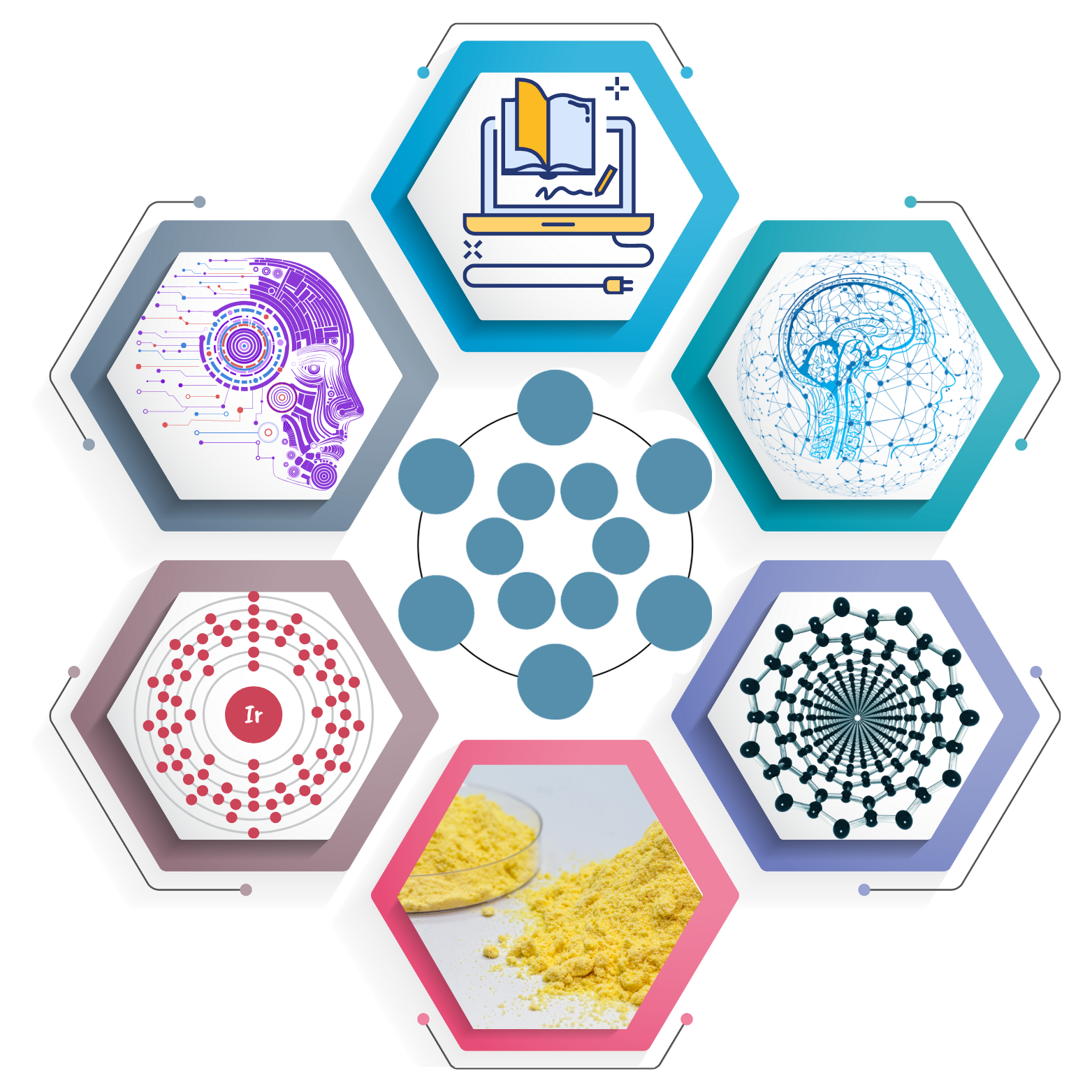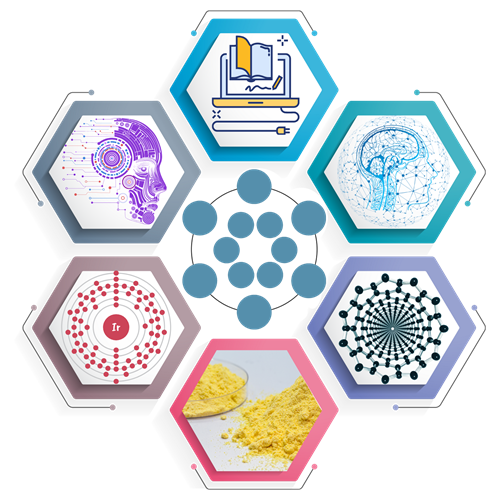[av_one_full first]
[av_heading heading=’معرفی برخی از زمینه های محبوب در شیمی کامپیوتر ‘ tag=’h3′ color=” custom_font=” style=” size=” subheading_active=” subheading_size=’15’ padding=’10’][/av_heading]
[/av_one_full][av_textblock ]
۱٫ Drug discovery and materials research imaging of a computer rendering of molecular systems
۲٫ Computational drug designing
۳٫ Computational study of new chemical compounds and materials such as phar-maceuticals, plastics, microprocessors, glass, metal, paint, aerospace, and auto-mobiles
۴٫ Study of free energy surfaces to guide the improvement of models for bio-molecular simulations
۵٫ Introduction of multi-scale methods for examining macromolecular systems
۶٫ Modeling protein-mediated oxidation of small molecules
۷٫ Investigating statistical scoring functions
۸٫ Modeling of electrostatics of proteins in solvent continua
۹٫ Free energy calculations on biomolecules such as ribosomes
۱۰٫ Mesoscopic simulations of actin filaments, lipid vesicles, and nanoparticles
۱۱٫ Modeling of “membrane proteins” in action
۱۲٫ Multiscale modeling of photoactive liquid crystalline systems
۱۳٫ Protein dynamics: from nanoseconds to microseconds and beyond
۱۴٫ Photochemistry and non-adiabatic quantum dynamics: multiconfigurational methods and effective-mode models for large systems
۱۵٫ Study of hydrogen bonding pathways and hydrogen transfer in biochemical pro-cesses
۱۶٫ Modeling of bio-motors
۱۷٫ Study of hydrogen bonding interactions of water on hydroxylated silica surfaces
۱۸٫ Electronic structure calculations on the adsorption and reaction of molecules at catalyst surfaces
۱۹٫ High-performance computing and the design of chemical software for parallel computers
۲۰٫ Structure, bonding, and reactivity in main-group, organometallic and organic chemistry
۲۱٫ Modeling of solvation and transport properties of pharmaceutical compounds
۲۲٫ Computational study of chiralsurfaces used in chromatography
۲۳٫ Calculation of penetrant solubilities in polymers, in particular, investigating the effects of specific polymer-penetrant interactions, which are difficult to access by experimental probes
۲۴٫ Modeling penetrant-induced plasticization of glassy polymer
[/av_textblock]

